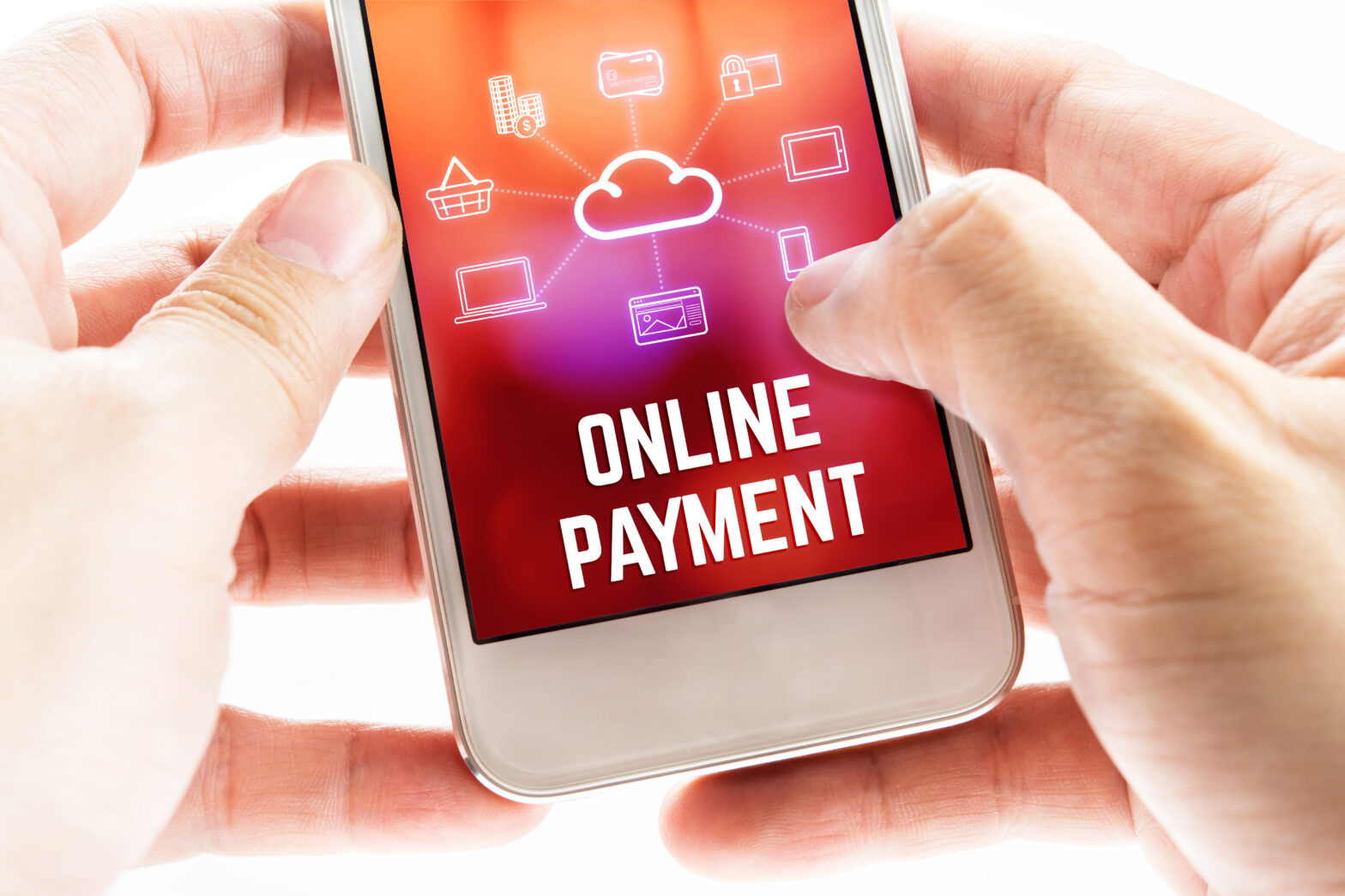According to Visa, over eight in ten (82 per cent) in-person payments are now contactless.
Not only that but over half of under-25s will walk out of a shop if it doesn’t accept contactless payment, according to Decta.
In Britain, more than 23 million people in the UK used virtually no cash last year, while notes and coins will account for just 6 per cent of payments within a decade, according to UK Finance.
This is why as a small business, it is so important for you to offer a range of contactless flexible payment options, whether that’s contactless credit card, such as Visa, Mastercard or American Express, smartphone wallets such as Apple Pay or Google Pay, which is another way of connecting to your bank account.
>See also: Payment via cryptocurrency: How does it work?
Debit cards were the most-used method during 2021, accounting for 48 per cent of all payments and reflecting the continued growth in popularity of contactless cards. Cash accounted for just 15 per cent of payments. Of course, it was the pandemic that turbocharged this cashless trend, leading many consumers and retailers to give up on cash altogether.
So as a small business, what are the different payment options available?
>See also: Best payment processors for UK small businesses – 11 of the best
Credit card payment options
Visa and Mastercard typically set the standard for transaction fees, with other cards like American Express costing more – making the average transaction fee anywhere between 1 per cent to 3 per cent.
Visa
It is the small business that picks up the cost of a card transaction using Visa.
For example, if a customer buys a jumper for £30, that sale will cost the small business £0.63 for the transaction.
This £0.63 transaction cost is split between the small business’s bank, which charges £0.56p for the transaction, the customer’s own bank, which charges your business £0.06p and Visa, which typically earns 1-2p, depending on the type of card used.
Mastercard
Like Visa, Mastercard sits in the middle of the payments ecosystem and is often referred to as a four-party model (as is Visa’s).
Of all the parties with fees involved in the payments chain (card issuing bank, network (Mastercard), acquiring bank and or gateway and terminal provider, Mastercard’s are the lowest.
Its fees, known as scheme fees or network fees,
are charged to the banks/gateways who enable businesses and consumers to make and receive a payment. And Mastercard is accepted at 90 million pay points worldwide.
According to Boston Consulting Group, the elements and costs of accepting a Mastercard transaction are as follows: for an average domestic card transaction of £50, the total cost to the shop or business of accepting a card payment is £1.20. By way of contrast, for the same average transaction value of £50, it costs merchants significantly more to accept a payment by cash (£1.75p) or by Buy Now Pay Later (£2.05p).
Of this £1.20 cost of acceptance for a £50 card transaction, the combined interchange (interchange goes to the card issuing bank) and acquiring fee (this goes to the merchant’s partner bank) is 24p, and the scheme or network fee (received by Mastercard) is 6p.
Other indirect costs, such as the purchasing/rent of payment terminals and the cost of fraud, account for 45p of the £1.20. Back-office costs such as invoice reconciliation, chasing payments and running point of sale terminals also accounts for an additional 45p of this £1.20 cost of acceptance. Obviously, Mastercard is not responsible for any of these costs.
American Express
American Express has positioned itself as the champion of small business, primarily through its Small Business Saturday initiative, which celebrates its tenth year in the UK this winter, and its Shop Small campaign, which incentivises and rewards our Cardmembers to spend in participating small businesses.
Historically however shopkeepers have been reluctant to accept American Express because of its higher transaction fees. These are understood to be an average of 1.5 per cent merchant service charge but can range from anywhere between 0.5-3 per cent plus an authorisation fee of 1p-3p. (American Express declined to give specific figures.)
On the other hand, American Express charge card customers tend to rely on them because of Amex’s famous point reward system. Amex’s research shows its customers spend on average almost four times more annually and more than three times more frequently compared to the average credit and charge card user in the UK.
And globally, the number of businesses which accept American Express has more than doubled since 2017 to over 66 million worldwide.
Small businesses have options to accept American Express payment either through a direct relationship or working through payment providers. Many of the major payment providers such as such as Stripe, Square and Zettle will automatically include Amex from the outset, but others will ask the merchant to select Amex as a payment method.
Smartphone wallets
Apple Pay
It’s important to remember that Apple Pay, which has 43.9m users worldwide, is not a bank, payment processor or card issuer.
Instead, it holds your customer’s cards virtually on their iPhone or Apple Watch and adds two-factor authentication via using a PIN, fingerprint or facial recognition.
Apple Pay is accepted wherever contacts payments can be made — a retailer does not need to register with Apple Pay. Customers simply hold their iPhone or Apple Watch near a payment terminal to make a contactless payment. Every Apple Pay purchase is secure because it is authenticated with face ID, touch ID, or device passcode, as well as a one-time unique security code.
Nor does Apple charge shopkeepers, hospitality or other services.
When customers use a credit or debit card with Apple Pay, the actual card numbers are not stored on the device, nor on Apple servers. All payment processing, approval etc is handled by the issuing bank or card issuer. Apple does not see or know what you bought, where you bought it or what you paid.
The UK was the most popular territory for Apple Pay transactions in 2021, with nearly two thirds of people with access to Apple Pay using it at least once in shops or restaurants, according to Statista.
Google Pay
Like Apple Pay, Google Pay is free of charge for businesses to sign up to and doesn’t cost customers anything either.
Google Pay currently has over 25m users worldwide and brands that accept the payment using the app include Shopify, Uber and McDonalds.
How to get set up on Google Pay
- Review documentation
- Get access to APIs
- Integrate and test
- Go live





